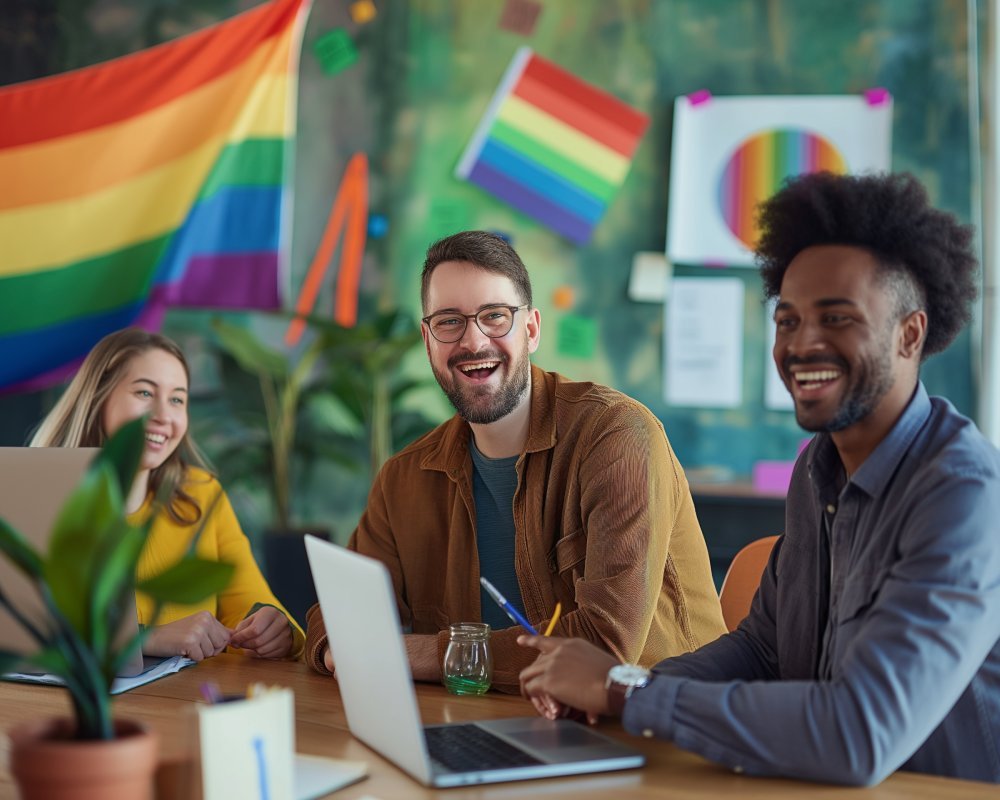
Anti Gay Discrimination: Understanding the Fight for LGBTQ+ Equality in the U.S.
Discrimination in any form is harmful, but anti gay discrimination continues to be one of the most persistent and painful forms of bias in the United States. While great strides have been made in LGBTQ+ rights over the years, the reality is that many people in the community still face inequality in areas ranging from healthcare and housing to employment and public accommodations.
This blog explores the scope of anti gay discrimination, the laws protecting LGBTQ+ individuals, and how businesses and individuals can be part of the solution. Whether you’re wondering, “Can you discriminate against gays?” or “How do I say my business is LGBTQ friendly?” — we’ve got you covered.
What Is Anti Gay Discrimination?
Anti gay discrimination refers to the unfair treatment of individuals based on their real or perceived sexual orientation. This can take many forms: being fired from a job, denied housing, refused services, bullied, or subjected to harassment or violence — all because someone identifies as gay or queer.
Despite growing acceptance in society, legal protections for LGBTQ+ individuals are still patchy in certain parts of the country. Understanding gay nondiscrimination laws and knowing your legal rights is essential.
Many people ask: Can businesses refuse service to gay people? In some states, due to loopholes and religious freedom claims, the unfortunate answer is yes. That’s why clear and inclusive legislation matters.
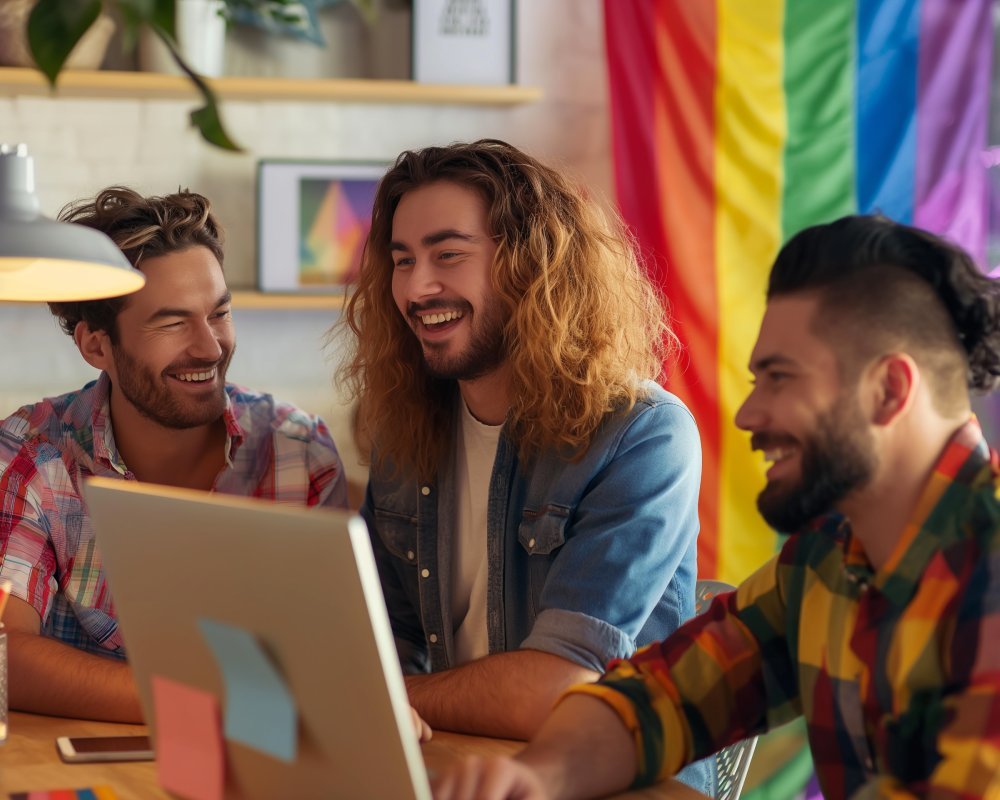
Know Your Rights: LGBTQ Protections Across the U.S.
One of the most important tools in fighting anti gay discrimination is knowing where the law stands. Thanks to recent progress, federal law now prohibits employment discrimination based on sexual orientation. The landmark 2020 Supreme Court decision in Bostock v. Clayton County confirmed that Title VII of the Civil Rights Act of 1964 protects LGBTQ+ workers.
But protection doesn’t stop at employment. Housing, healthcare, and public services are all areas where discrimination still occurs — and where gay nondiscrimination laws need to be stronger.
When LGBTQ+ individuals ask, “Can you discriminate against gays?” the honest response is: it depends on where you live and what sector you’re in. That’s why it’s crucial to know your rights LGBTQ rights and to push for nationwide equality through updated laws.
Advertisement · Scroll to continue
Recommended
When Was Gay Marriage Legalized in the US?
Understanding the history of LGBTQ+ rights can help put current issues into perspective. When was gay marriage legalized in the US? The answer: June 26, 2015, through the Supreme Court’s decision in Obergefell v. Hodges. This historic ruling granted same-sex couples the right to marry nationwide, a major victory in the fight against anti gay discrimination.
However, legalizing marriage did not erase all discrimination. LGBTQ+ rights in the United States are still under constant debate, especially as some lawmakers continue to introduce bills that challenge equality in schools, healthcare, and other public domains.
This brings up the question: Why do people oppose gay rights? The reasons vary — from religious beliefs to cultural values — but ultimately, these views contribute to LGBTQ rights opposition and reinforce systemic discrimination.
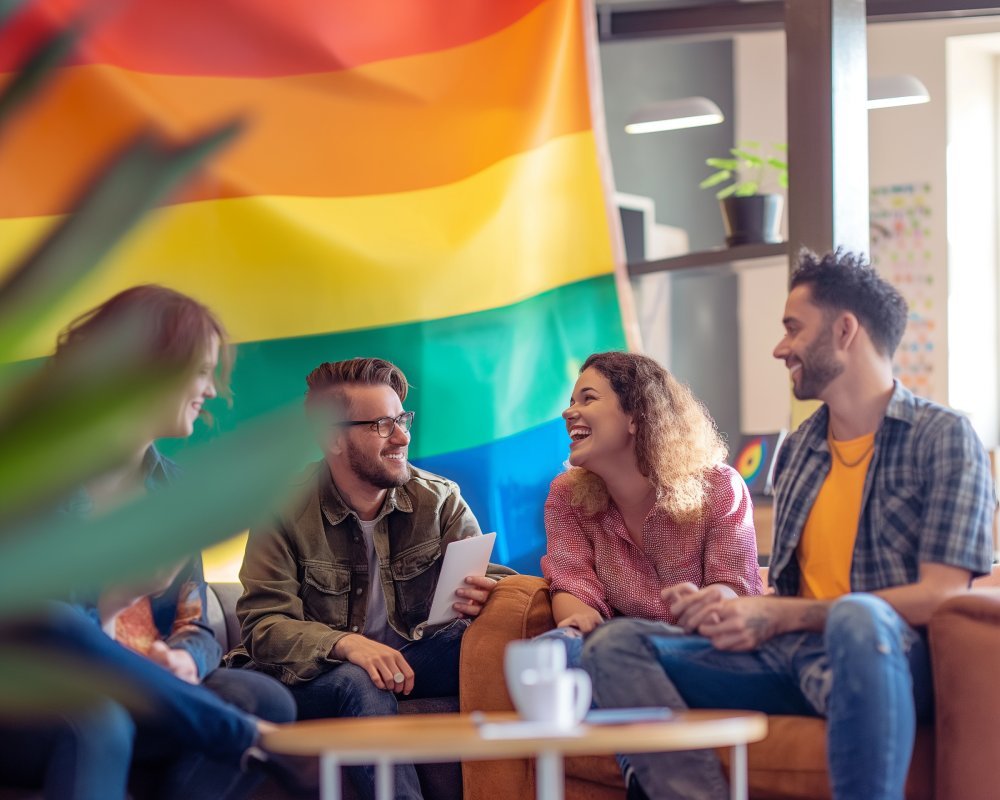
The Role of Businesses in Combating Discrimination
In a time when brand values matter, many companies are stepping up to take a stand against anti gay discrimination. A common question business owners ask is: “How do I say my business is LGBTQ friendly?”
Here are a few ways:
- Display inclusive signage (rainbow flags, ally stickers, etc.)
- Train staff on LGBTQ+ cultural competence
- Update policies to include sexual orientation and gender identity
- Support Pride Month and other LGBTQ+ events publicly
- Donate to LGBTQ+ advocacy organizations
Creating a welcoming environment isn’t just the right thing to do — it’s good business. Today’s consumers care about values, and supporting LGBTQ rights in the United States is a statement that builds loyalty and trust.
LGBTQ Rights Opposition and the Ongoing Struggle
Despite positive changes, LGBTQ rights opposition is still alive and well. From bathroom bills to book bans, conservative groups across the country continue to try and roll back LGBTQ+ progress.
So, why do people oppose gay rights? Some cite religion, others claim it’s about protecting children or traditional values. But at the core of it, opposition stems from fear, misinformation, and a refusal to embrace a more inclusive society.
This is why anti gay discrimination must be addressed not only legally but culturally. We need to normalize LGBTQ+ existence in every space — from boardrooms and classrooms to politics and media.
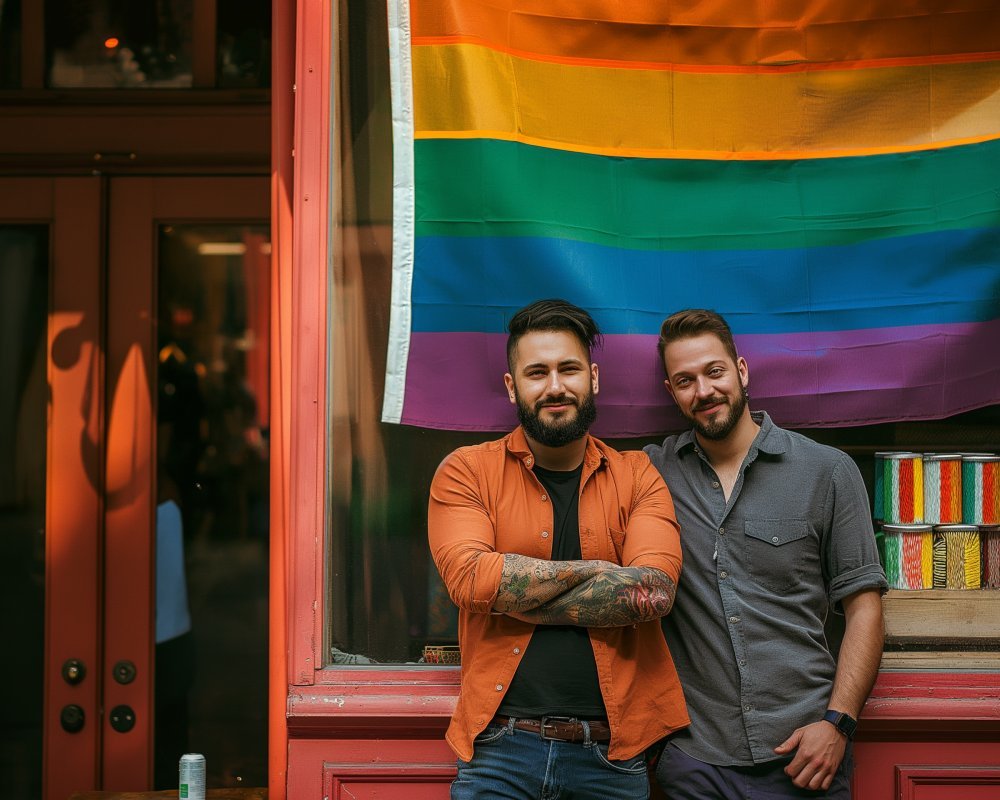
Advertisement · Scroll to continue
Recommended
Can Businesses Refuse Service to Gay People?
One of the most pressing questions we hear is: Can businesses refuse service to gay people? Legally, it’s a gray area in some states. While federal law may protect against workplace discrimination, there are still ongoing legal battles about whether businesses can deny service based on religious beliefs.
This debate continues to fuel anti gay discrimination and puts LGBTQ+ people at risk of being treated unfairly just for living their truth. More robust gay nondiscrimination laws at the state and federal levels are urgently needed to close these gaps.
Moving Forward: How We End Anti Gay Discrimination
Eradicating anti gay discrimination means more than just changing laws — it means changing hearts, minds, and institutions. It means amplifying LGBTQ+ voices, educating allies, and calling out injustice when we see it.
Want to help? Here’s how:
- Vote for pro-equality candidates
- Support LGBTQ-owned businesses
- Advocate for comprehensive anti-discrimination laws
- Share accurate information to combat LGBTQ rights opposition
- Let others know their rights with resources like Know Your Rights LGBTQ Rights
Progress is possible, but only if we keep pushing forward together.
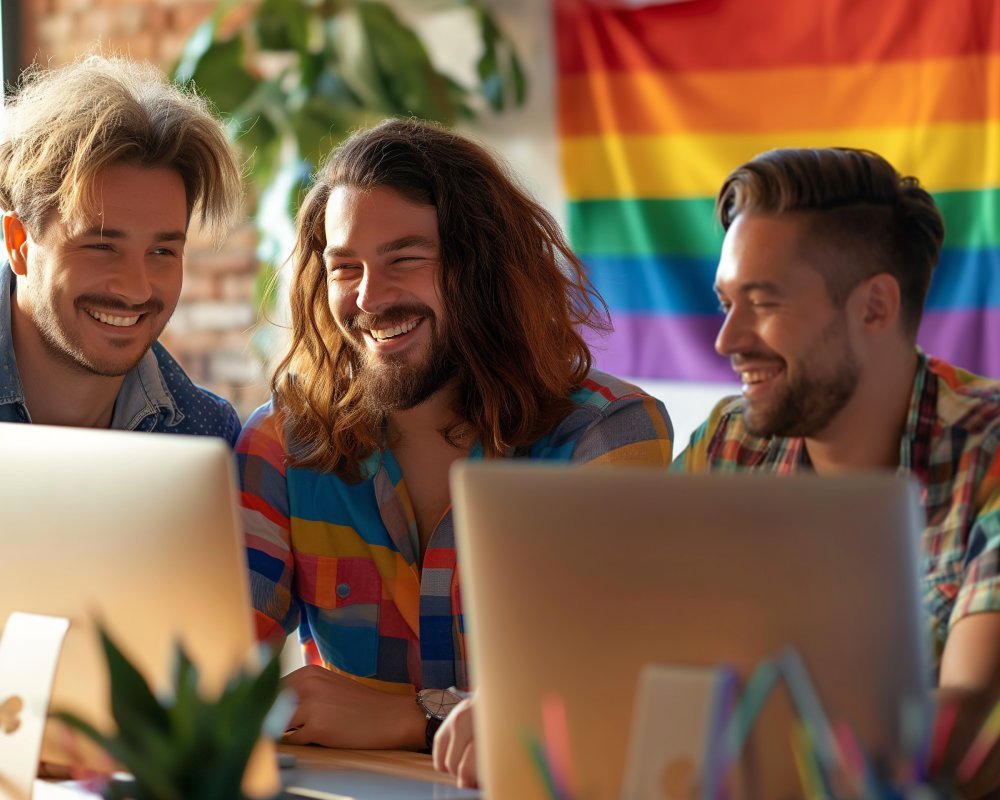
Conclusion: Let’s Build a Future Without Anti Gay Discrimination
The fight against anti gay discrimination is far from over. While we’ve achieved historic wins like marriage equality and workplace protections, there is still so much work to do — especially in rural communities and conservative states where discrimination is still normalized.
Let’s continue to advocate, educate, and celebrate who we are. Because every LGBTQ+ person deserves safety, respect, and equal treatment — not just in words, but in action.
Whether you’re asking “When was gay marriage legalized in the US?” or wondering “How do I say my business is LGBTQ friendly?”, the answer is simple: start with inclusion. Start with empathy. And always stand up against anti gay discrimination.
Advertisement · Scroll to continue

More Recommended
How to embrace diversity in the workplace?
How to embrace diversity in the workplace? – Embracing diversity in the workplace is essential [...]
Building a Better Future: How Lesbian-Owned Companies are Revolutionizing Advertising Strategies
Lesbian-Owned Companies are Revolutionizing Advertising Strategies In today’s digital age, advertising plays a crucial role [...]
Inclusive Marketing: How LGBTQ+ Agencies are Redefining the Industry
Inclusive Marketing: How LGBTQ+ Agencies are Redefining the Industry – Inclusive Marketing: How LGBTQ+ Agencies [...]
Lesbian-Friendly Beaches
Lesbian-Friendly Beaches: Your Comprehensive Guide to Sun, Sand, and Sisterhood 1. Introduction: Why Lesbian-Friendly Beaches [...]
Why Is Representation of Gays in Sports Growing?
Why Is Representation of Gays in Sports Growing? – Representation of LGBTQ+ individuals in sports [...]
Can Businesses Refuse Service to Gay People?
Can Businesses Refuse Service to Gay People? The Legal and Moral Debate in 2025 In [...]
How to fix discrimination?
How to fix discrimination? – Gay Thrive LGBTQ+ Marketing Agency is committed to creating a [...]
How to Talk to Children About Gay Relationships
How to Talk to Children About Gay Relationships – Talking to children about all types [...]
Marketing and Advertising to Lesbians
Marketing and Advertising to Lesbians – Marketing to any audience requires a deep understanding of [...]